Avoiding Scams And Frauds After A Hurricane

Avoiding Scams and Frauds After a Hurricane
Introduction
Natural disasters such as hurricanes often leave individuals and communities vulnerable to scams and frauds. Although it is difficult to predict when and where hurricanes will occur, it is essential to know how to protect oneself from potential scams and frauds in the aftermath of a hurricane. In this article, we will discuss basic knowledge on avoiding scams and frauds after a hurricane, including different types of scams, warning signs, and potential courses of action.
The Most Common Types of Scams and Frauds After a Hurricane

Unlicensed Contractors
After a hurricane, it is common for homeowners to seek out contractors to repair or rebuild their homes. Unlicensed contractors may present themselves as licensed and offer low prices to entice potential customers. However, unlicensed contractors may not have the proper training, experience, or resources to perform high-quality work. This can lead to shoddy workmanship, missed deadlines, and possible financial losses for the homeowner.
Fake Charities
Fake charities often claim to collect funds for hurricane relief efforts but instead keep the money for themselves. They may use high-pressure tactics and false claims to solicit donations from well-meaning individuals. It can be challenging to determine whether a charity is legitimate or fake, especially after a hurricane when scam artists prey on people's vulnerabilities.
Email Phishing Scams
Email phishing scams are prevalent during natural disasters and involve sending mass emails to potential victims, claiming to offer assistance and help. Scammers may pose as reputable organizations and request personal information, including Social Security numbers, bank account information, and other sensitive details. These emails often contain links that lead to fraudulent websites designed to steal personal information.
Warning Signs of Scams and Frauds After a Hurricane
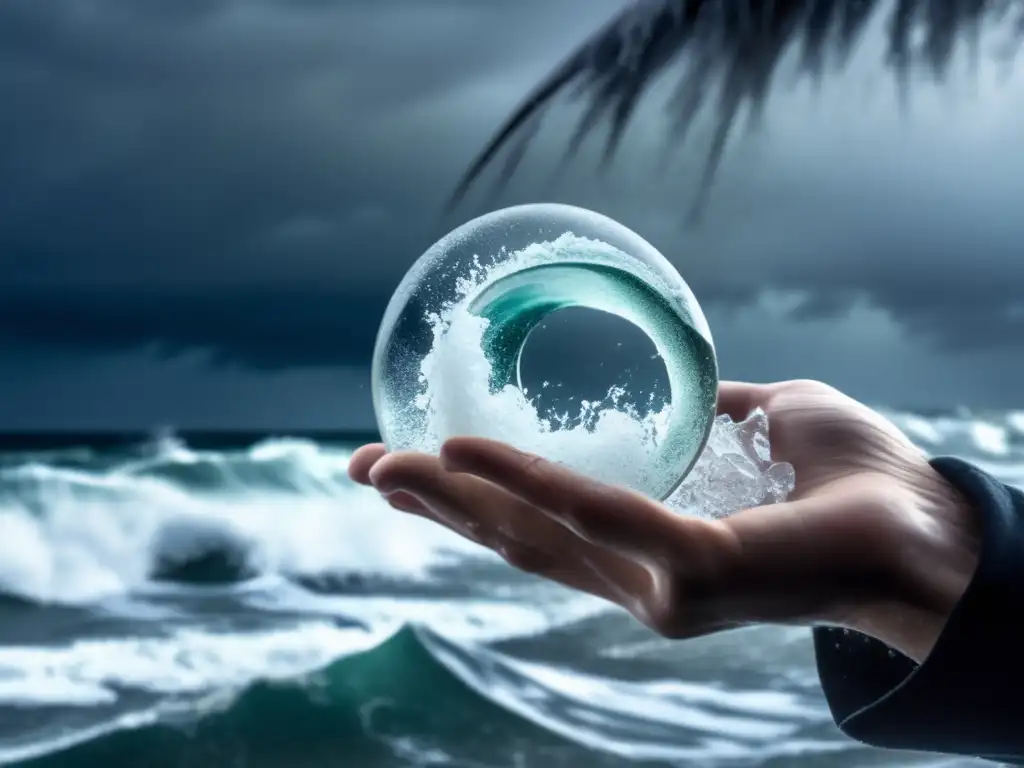
Unsolicited Offers
Scammers often make unsolicited offers to homeowners after a hurricane, including debris and tree removal services, roofing repairs, and other home improvement work. They may also offer to inspect homes for structural damages or mold remediation. Always research the company before accepting their offer and do not allow any contractor into your home without proper identification.
High-Pressure Tactics
Scammers may use high-pressure tactics, such as threatening legal action or foreclosure, to force homeowners into making quick and ill-informed decisions. Do not rush into repairs or other agreements without thoroughly reviewing all contracts and consulting legal and financial advisors if necessary.
Requests for Payment Upfront
Scammers may request payment upfront, before any work is completed. Always avoid paying for anything upfront without receiving written estimates, references, and other documentation.
How to Protect Yourself from Scams and Frauds After a Hurricane
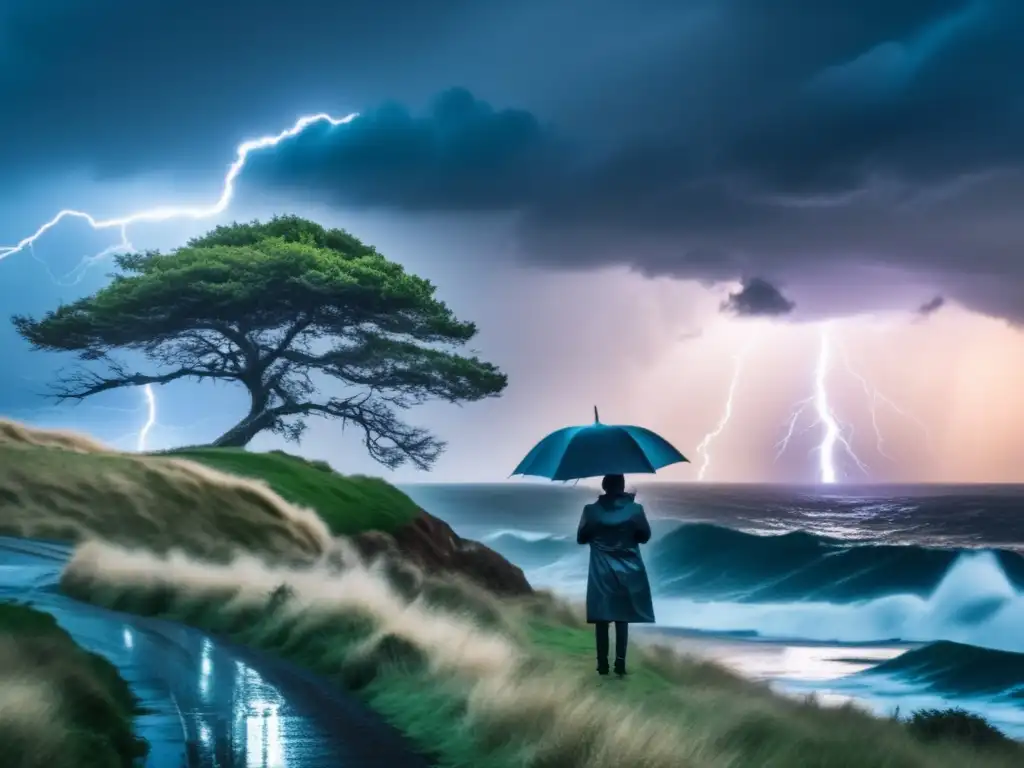
Verify Contractors' Licenses
Always verify that contractors have the proper licenses and insurance before hiring them. Check with your state's licensing board to ensure that the contractor is licensed, bonded, and insured. Ask for references, written contracts, and estimates before agreeing to any work.
Avoid Cash Payments
Avoid making cash payments since it is harder to track fraudulent activity. Use checks or credit cards so that you can dispute fraudulent transactions and stop payments if necessary.
Research Charities
Research charities before making donations to ensure that they are legitimate. Check for ratings on websites such as Charity Navigator or the Better Business Bureau.
Protect Your Personal Information
Do not provide any personal information over the phone or email to anyone who claims to be a representative of an organization or government agency. Legitimate organizations will always have official verification methods and procedures. If you receive a suspicious email, do not click on any links or provide any personal information; instead, report the email to the appropriate authorities immediately.
Frequently Asked Questions
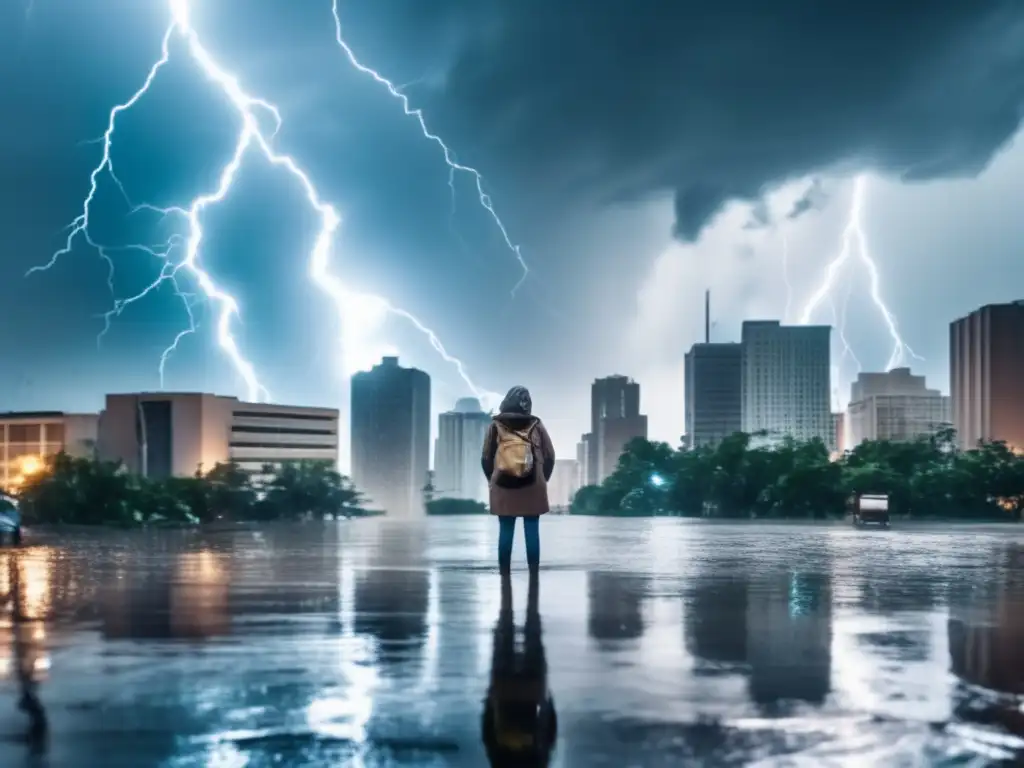
-
How can I avoid unlicensed contractors?
You can avoid unlicensed contractors by researching their licenses and insurance before hiring them. Check with your state's licensing board to ensure that the contractor is licensed, bonded, and insured. Ask for references, written contracts, and estimates before agreeing to any work.
-
What should I do if I suspect fraudulent activity?
If you suspect fraudulent activity, report it to the appropriate authorities, such as the Federal Trade Commission, your local police department, or your state's attorney general.
-
Can email phishing scams be prevented?
Email phishing scams can be prevented by not clicking on any links or providing any personal information to anyone who claims to be a representative of an organization or government agency. Legitimate organizations will always have official verification methods and procedures.
-
Is it safe to donate to charities after a hurricane?
Yes, it is safe to donate to charities after a hurricane. However, always research the charity before making the donation to ensure that it is legitimate. Check for ratings on websites such as Charity Navigator or the Better Business Bureau.
-
What are some common warning signs of scams and frauds after a hurricane?
Common warning signs of scams and frauds after a hurricane include unsolicited offers, high-pressure tactics, and requests for payment upfront. Always research the company before accepting their offer and do not rush into repairs or other agreements without thoroughly reviewing all contracts and consulting legal and financial advisors if necessary.
Conclusion
Scams and frauds are prevalent after hurricanes, which can leave homeowners vulnerable to financial losses and other damages. The most common types of scams include unlicensed contractors, fake charities, and email phishing scams. Warning signs of scams and frauds include unsolicited offers, high-pressure tactics, and requests for payment upfront. To avoid scams and frauds after a hurricane, homeowners should verify contractors' licenses, avoid cash payments, research charities, and protect their personal information. It is essential to be vigilant and cautious when dealing with potential scammers and report any suspicious activity to the appropriate authorities.
Additional Resources
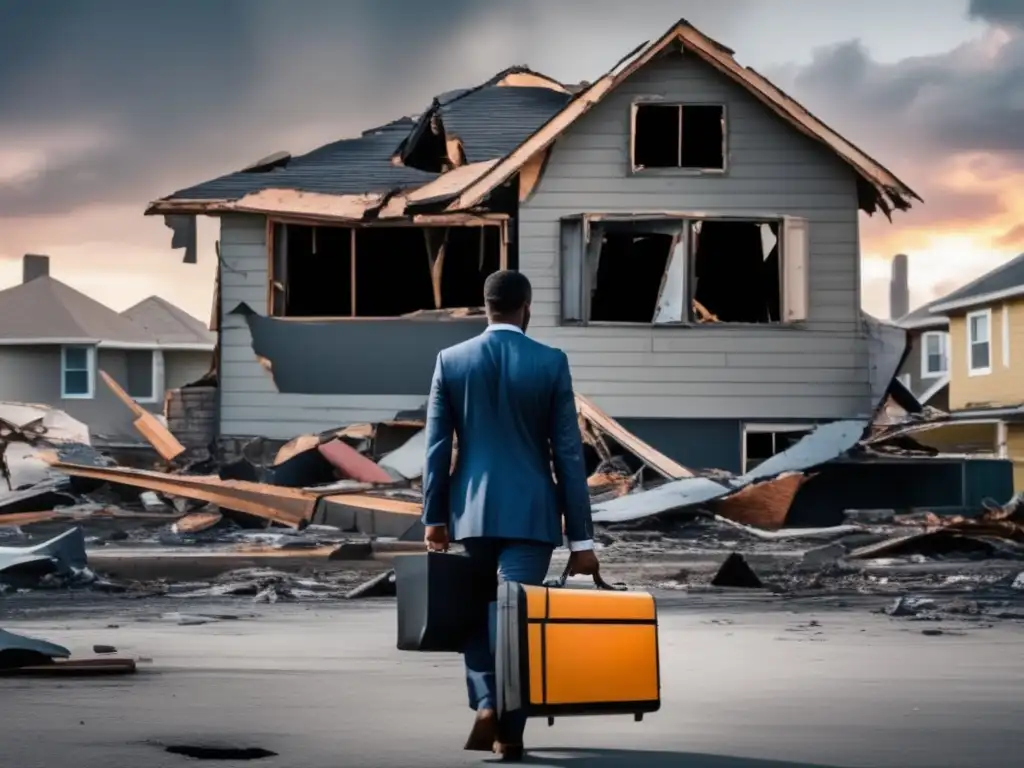
- Federal Trade Commission: Donating to Hurricane Relief and Recovery Efforts
- National Association of Insurance Commissioners: Consumer Alert - Avoiding Fraud After a Natural Disaster
- Internal Revenue Service: Tax Relief in Disaster Situations
 The Dangers Of Downed Power Lines During A Hurricane
The Dangers Of Downed Power Lines During A Hurricane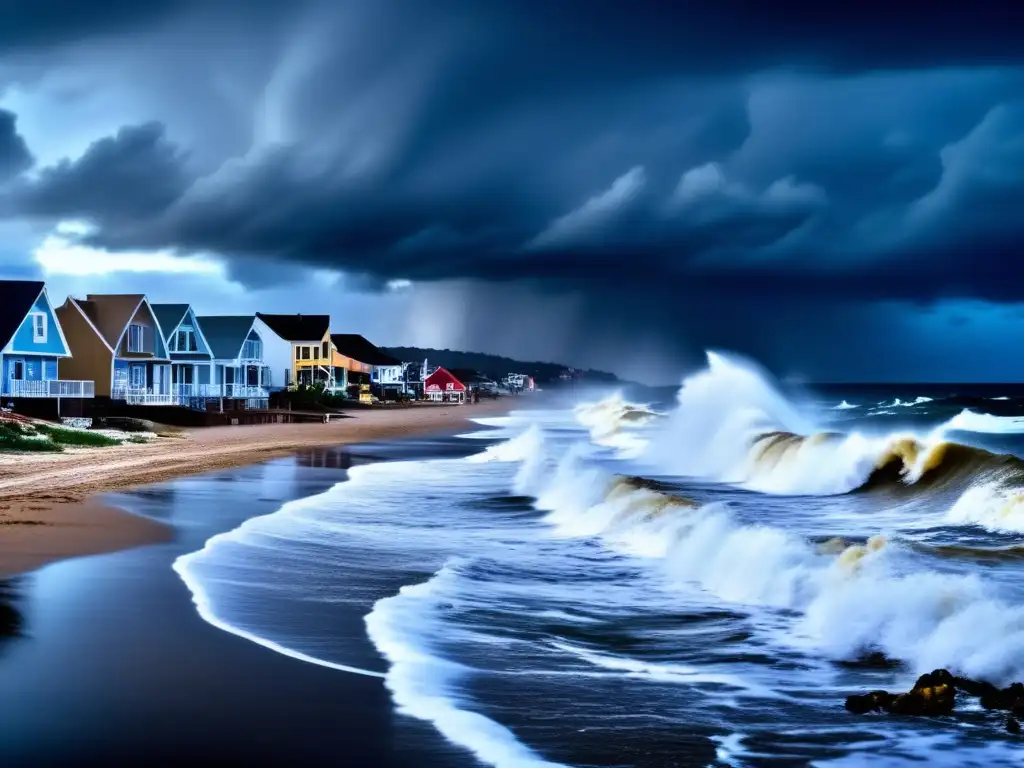 When Waters Rise: Understanding And Handling Storm Surges
When Waters Rise: Understanding And Handling Storm Surges In Transit: Safety In Public Transportation During A Hurricane
In Transit: Safety In Public Transportation During A HurricaneIf you want to discover more articles similar to Avoiding Scams And Frauds After A Hurricane, you can visit the During the hurricane: category.
Leave a Reply

Articulos relacionados: